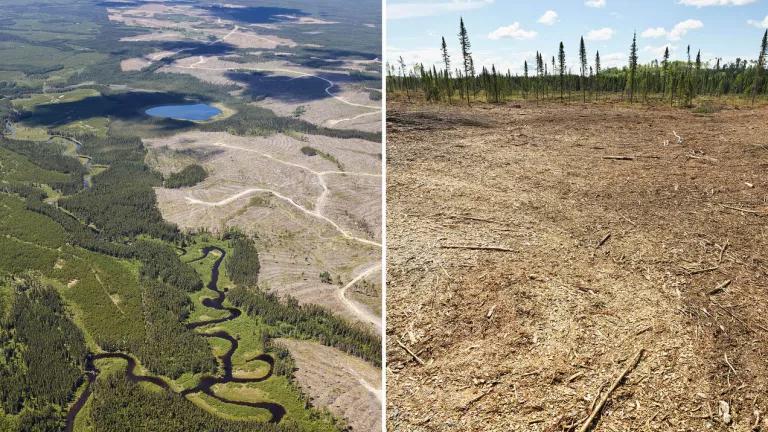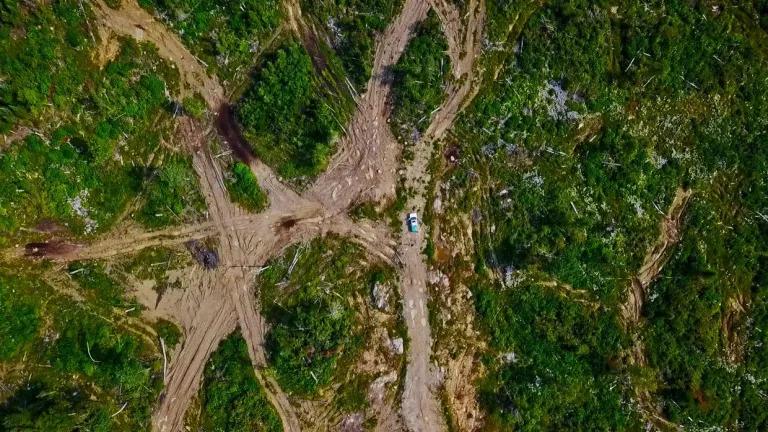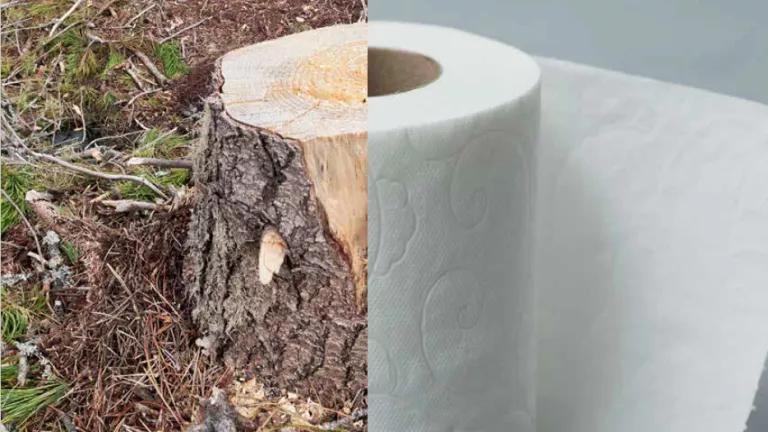Costco, Don’t Be Complicit in Selling Forest Destruction
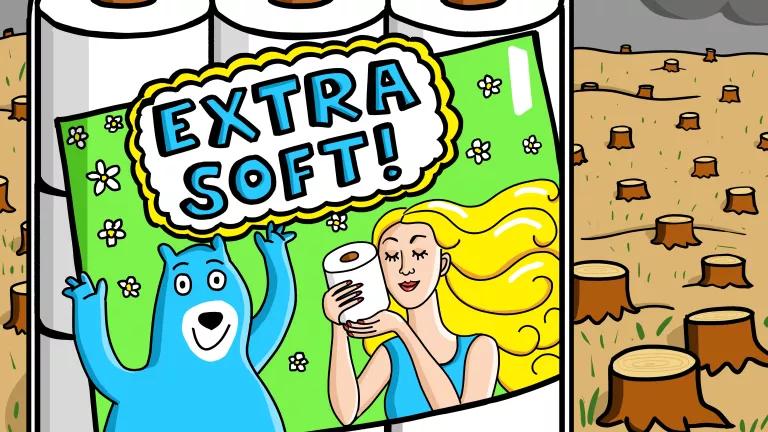
There’s an adage in the marketing world that goes, “Every product has a story.” But sometimes the story a company tells consumers hides the real truth behind how the product is made and the significant cost its production has on the planet.
Walking down Costco’s tissue aisle gives you a small glimpse into how this happens. Charmin, Bounty, and Costco’s own Kirkland toilet paper are all made with 100% virgin forest fiber, sourced in part from the climate-critical Canadian boreal forest. The boreal is the most carbon-dense forest in the world, and in Canada, it is being clearcut at a rate of one million acres a year to make lumber, paper, and, perhaps most egregiously, throwaway tissue products. U.S. companies like Costco drive a lot of this demand, fueling the loss of this globally important forest.

Throwaway tissue products don’t have to destroy forests. In fact, NRDC and Stand.earth’s 2019 scorecard “The Issue with Tissue” listed many tissue products available today that are made from much climate-friendlier substances like recycled content. According to the Environmental Paper Network’s Paper Calculator 4.0, tissue products made from 100% recycled content have one-third the carbon footprint of those made from 100% virgin forest fiber.
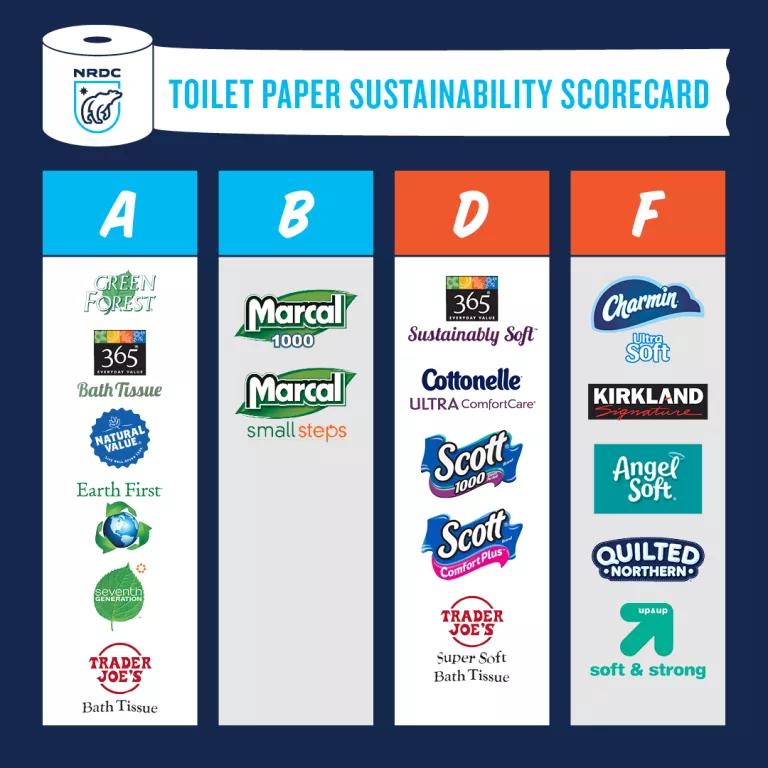
But consumers won’t find that information in the stacks of gargantuan packages of toilet paper rolls at their local Costcos. That’s why I’m going to Costco’s annual shareholder meeting today to deliver a message to the company’s CEO, Craig Jelinek: Costco needs to stop selling products that fuel forest destruction.
The decisions Costco and other major retailers make about what to sell play a significant role in exacerbating the climate crisis. The products they put on their shelves provide a menu of options for consumers to buy, and often, those products are made using ecologically devastating practices like clearcut logging. For tissue products like toilet paper, Costco is opting to limit consumers to choosing between only products that feed the tree-to-toilet pipeline, offering brands, including its own Kirkland, that are made without any recycled content.
But while companies have continued to sell these planet-destroying products, hiding behind marketing schemes that obfuscate the true story behind what they’re selling, the public has become wise. There has been a groundswell of support in the last year for U.S. tissue manufacturers to change. NRDC and its members and activists have led this fight, focusing our efforts on Procter & Gamble, the maker of Charmin and Bounty, which are the largest toilet paper and paper towel brands in the United States. More than 230,000 people and 140 organizations have called on the company to stop flushing our forests.

We are now extending these same asks to Costco both because its own products should be made with more recycled content, and because they sell a lot of Charmin and Bounty. By doing so, they give P&G a platform to profit off its forest-destroying sourcing.
These concerns around what Costco and other retailers sell of course stretch beyond the tissue aisle. The environmental group Mighty Earth released a report last year that showed that some of the multinational companies that sell their meat to Costco have production facilities in close proximity to where the Amazon fires raged last year, and these companies’ practices exacerbated deforestation and the fires.
Healthy intact forests in the Amazon and in Canada’s boreal are essential in the fight to save our planet from its current climate emergency. Costco’s current merchandising decisions mean that consumers don’t have much of a choice but to buy forest destruction when they need certain products at Costco.
But Costco has a chance to change. Costco’s internal motto is to “do the right thing.” They have a reputation of doing so on many fronts, including by choosing to pay their workers a living wage.
Costco can do the right thing for the environment when it comes to the products it puts on its shelves. They should set the bar high, and lead the way by offering products that don’t fuel forest destruction and the tree-to-toilet pipeline.
Because, as I will say to Costco’s CEO, “The planet can no longer afford toilet paper made from ancient trees, even at Costco prices.”


